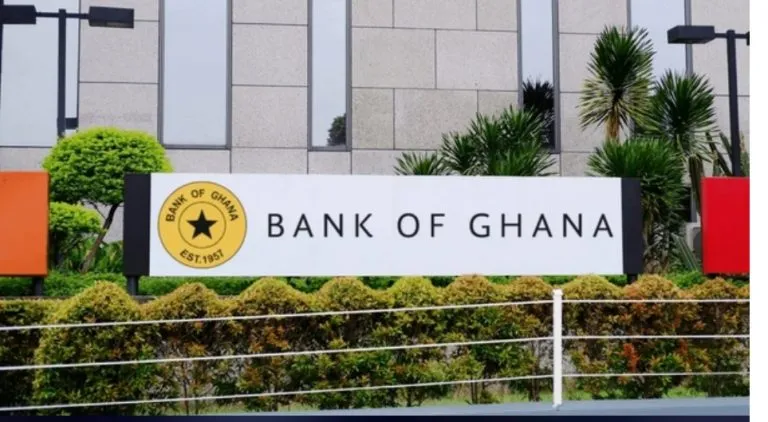The World Bank has announced that it will, in the next five years, allocate 35% of its annual financing budget to development projects that are related to climate change actions.
In the fiscal year 2020, the World Bank Group allocated nearly $21.4 billion to climate-related investments, surpassing its climate-finance target for the third year in a row.
The $21.4 billion lendings for climate-related investments exceeded the target of 28%, reaching 29% in 2020.
The World Bank Managing Director (MD) for Development Policy and Partnerships, Mari Elka Pangestu, announced the bank’s decision to increase its financing to climate change in her remarks at the One Planet Summit delivers for biodiversity on Monday, September 6.
Speaking at the summit, Ms Pangestu, explained that the financing would be under banks’ new Climate Change Action Plan (CCAP) adding that the World Bank was poised in ensuring that the financing maximises results.
“Under our new five-year Climate Change Action Plan, announced in June, the World Bank Group will align all our financing with the goals of the Paris Agreement,” she underscored.
She added, “the CCAP signals our ramped-up effort to move from investing in “green” projects to helping countries fully integrate their climate and development goals. And we are backing that up with more finance – over the next five years, 35% of all our financing, on average, will go towards climate action.”
The summit is a side event of the International Union for Conservation of Nature (IUCN) World Conservation Congress, which started on Friday, September 3, and would close on September 11, 2021.
Held once every four years, the congress brings together thousands of leaders and decision-makers from government, civil society, indigenous peoples, business, and academia, with the goal of conserving the environment and harnessing the solutions’ nature offers to global challenges.
Dr Pangestu indicated that the World Bank would be investing in the Sahel region $5.6 billion in 61 projects in climate-smart agriculture, environment, water, resilient infrastructure, energy access, renewable energy, financial inclusion, and jobs for the next four years.
“We are making good progress, and our investments will help transform livelihoods across the Sahel, where over 27 million people are likely to become climate migrants by 2050 if we don’t do anything,” she pointed out.
The World Bank MD for development policy and partnerships said that since it was launched in 2017 the One Planet Summit has been a key platform for raising the ambition and mobilising multi-stakeholder action on climate and biodiversity.
She noted that climate change and biodiversity loss are critical development challenges, and the urgency of action has never been clearer, and the summit has provided an avenue for key partners to consistently push the world to support the environment and livelihoods.
“At the One Planet Summit in Paris in 2017, the World Bank Group announced ramped up support to countries to take strong climate action. This included our own commitment to stop financing upstream oil and gas. Since then, we have gone even further,” she stated.
“Today, the Bank Group is the biggest multilateral funder of climate investments in developing countries and provides two thirds of all multilateral finance for climate adaptation,” she added.
In 2018, at the One Planet Summit in New York, the World Bank announced $1 billion to accelerate investments in battery storage for energy systems in developing and middle-income countries.
Since then, projects have been approved supporting 3.9 gigawatt hours of battery storage across Africa and Asia. This has led to progress in the effort to reduce deforestation through the bank’s Forest Carbon Partnership Facility.
READ ALSO: A Rocha Ghana Calls For Increased Climate Change Investment
After a decade of hard work preparing for results-based finance that would benefit the poorest and incentivize governments to protect forests, finance has started flowing.
“Some 14 countries have signed agreements unlocking up to $670 million to forest protection, and we’ve just made the first payment to Mozambique. This illustrates that concerted and sustained efforts by partners with a common goal can achieve results,” she remarked.
Dr Pangestu remarked that while the bank takes stock of the collective achievements, it also recognises that the work is far from over.
“We have seen the value of global partnership through the One Planet Summit. Now it will be critical for all partners here, together with civil society and the private sector, to continue to develop strategies for low-carbon and climate-resilient development, to ensure recovery from the Covid-19 pandemic is greener, more resilient, and more inclusive,” said, Dr Pangestu.
She welcomed the adoption of new and more ambitious targets for biodiversity through the upcoming Convention on Biological Diversity COP negotiation, and pledged the World Bank Group’s support for biodiversity.
















